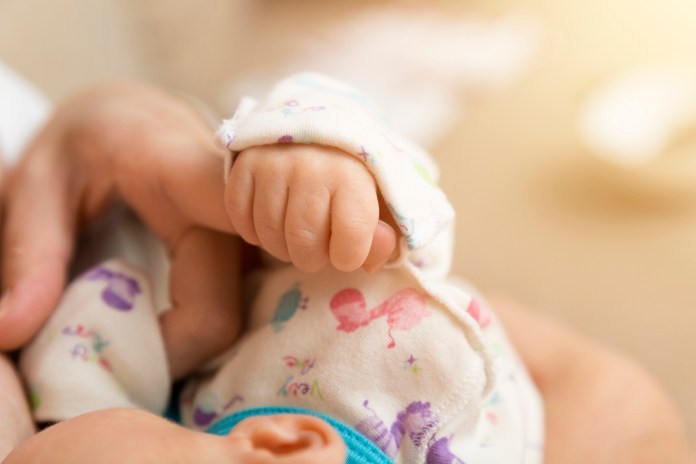New moms who want to breastfeed are searching for answers about the Covid-19 vaccines. A research team in Portland, Oregon published important findings to help find answers.
The US reached the 100 million dose milestone on March 19 and all adults who want to be vaccinated are on schedule to be vaccinated by the end of May. At the same time, states like New York and California are coping with a surge of Covid-19 variants. With 1 out of 6 adults now vaccinated, lactating people need information regarding the safety and efficacy of Covid-19 vaccination while breastfeeding.
The American College of Obgyn and other Women’s health experts agree that Covid-19 vaccines should be offered to those who are breastfeeding. New evidence from a Portland research team shows the vaccine benefits might be even better than we thought. Their preprint report shows vaccinated individuals pass protective antibodies through breast milk.
The Portland researchers published a study titled “SARS-CoV-2 antibodies detected in human breast milk post-vaccination.” Although the study numbers are small, the findings are critically important as the paper verifies that moms pass protective antibodies through breast milk after vaccination. These findings are not surprising as breast milk contains antibodies within five to seven days of other viral vaccinations such as Tdap and influenza.
This paper is important as we had not previously confirmed that the Covid-19 vaccines worked similarly to other vaccinations by producing breast milk antibodies. Previous studies confirmed that moms pass protective antibodies to their baby after a Covid-19 infection and secrete them during lactation.
The research team tested breast milk samples from vaccinated women in Portland and the surrounding areas in Oregon. The milk was tested for SARS-CoV-2 specific IgG and IgA antibodies until 14 days after the mothers received their second dose of the Pfizer or Moderna mRNA vaccines.
The research team from the Providence Portland Medical Center was supported by grants from the Chiles Foundation and Nancy Lematta, a retired Portland business person who donated $2 million to the Providence Health system’s Covid research fund.
The results demonstrated a high-level antibody response in breast milk starting seven days after the first maternal vaccine dose. The study’s sample size was small with only six patients. This proof of concept study will lead to further, more robust research. Newborn babies have undeveloped immune systems. Maternal antibody transfer is important for protection against various infections.

The study also showed that Covid vaccination induced higher antibody levels than from a natural infection. We do not know how long the breast milk antibody response persists or how much protection they offer the baby.
Each day scientists learn more about the novel coronavirus’s effects on pregnant people, newborns and Covid-19 vaccination in pregnancy. Guidelines change as we discover new information. We are no longer separating Covid-19 mothers from babies or discourage breastfeeding.
Because we have only studied SARS-CoV-2 for one year, the recommendations will continue to evolve as we learn more. Our current research indicates most the majority of pregnant people who contract Covid-19 do well but have an increased risk of ICU admission and preterm labor. We also know that the risk of transmitting Covid-19 to the newborn is very low.
Pregnant and lactating people are eligible for any of the three Food and Drug Administration-approved vaccines. The Covid-19 vaccines from Pfizer and Moderna use messenger RNA (mRNA) in which a single strand of mRNA delivers the genetic code to produce anti-SARS-CoV-2 spike protein antibodies.
The Academy of Breastfeeding Medicine supports the use mRNA vaccines in their statement, saying that “while there is little plausible risk for the child, there is a biologically plausible benefit. Antibodies transferred into milk may protect the infant from infection with SARS-CoV-2.”
The FDA also authorized a single-dose vaccine from Janssen/Johnson & Johnson. The Janssen vaccine uses an older technology in which a denucleated Adenovirus 26 (AD26) delivers genetic code to cells to induce an immune response. The FDA data show the adenovirus gets rapidly removed from our bodies and does not appear in breast milk.

The FDA-approved vaccines do not contain live virus. A person cannot catch Covid-19 from the vaccine or spread the virus through breastfeeding. Lactating people can rest assured knowing the early research shows the protective antibodies from vaccination do pass into the breast milk.
To find a Covid-19 vaccine near you, click here.



